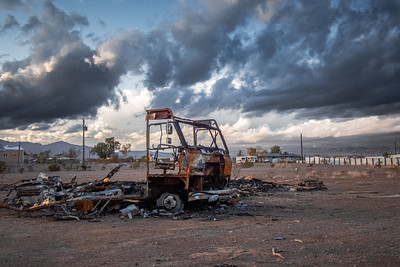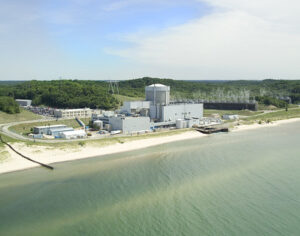Forbes ran an opinion piece earlier this week that positively gushed about the value of community colleges. It riffed on the recently released America’s Hidden Economic Engines: How Community Colleges Can Drive Shared Prosperity , written by Harvard researchers Robert B. Schwartz and Rachel Lipson.
The author’s basic premise is true: community colleges could be a source of trained labor. Unfortunately, most of our community colleges are not positioned to deliver on this vision. For years, community college administrators have disinvested in the development of high quality educational programs. Instead, schools like Washtenaw Community College have deprioritized more expensive occupational education programs in favor of cheaper transfer programs. They have sucked money out of the facilities to pay for additional administrators.
That’s why WCC has twelve permanent vice presidents and one temporary sewer connection running across the campus.
WCC administrators and trustees will insist that the problem is state level funding. This is a game they play with percentages. The truth is that WCC’s administration decreased instructional spending by more than 12% between 2015 and 2022 when adjusting for inflation. This wasn’t because the State of Michigan cut the budget. In most years, the state appropriation for WCC rose.
The percentages game that the WCC administration plays “works” because the property tax collection in Washtenaw County has increased rapidly over the same period. WCC’s revenue stream is something of a zero-sum game. WCC’s revenue streams add up to 100%. When the property tax revenues increase, they become a larger percentage of WCC’s total revenue stream. That automatically means the other revenue streams become smaller in comparison to the whole. (But it doesn’t mean there’s less money to go around.)
The State of Michigan will not allow tax dollars to be used to pay for neglected maintenance on college campuses. Does that mean the State of Michigan is responsible for the poor condition of the facilities? Not really. It means the community college administration has not prioritized the maintenance and upkeep of their facilities.
Community college trustees are supposed to provide oversight, ask questions, demand accountability, and represent the financial interests of the communities that fund community colleges. WCC’s trustees do none of this. As a result, WCC is one of the many community colleges that are no longer prepared to deliver on whatever “promise” they might have once held, thanks to poor stewardship of the institution’s resources.
Those who believe that community colleges are ready to deftly delivering all the trained labor employers need simply haven’t been paying attention.
Photo Credit: Wes Dickinson , via Flickr




















